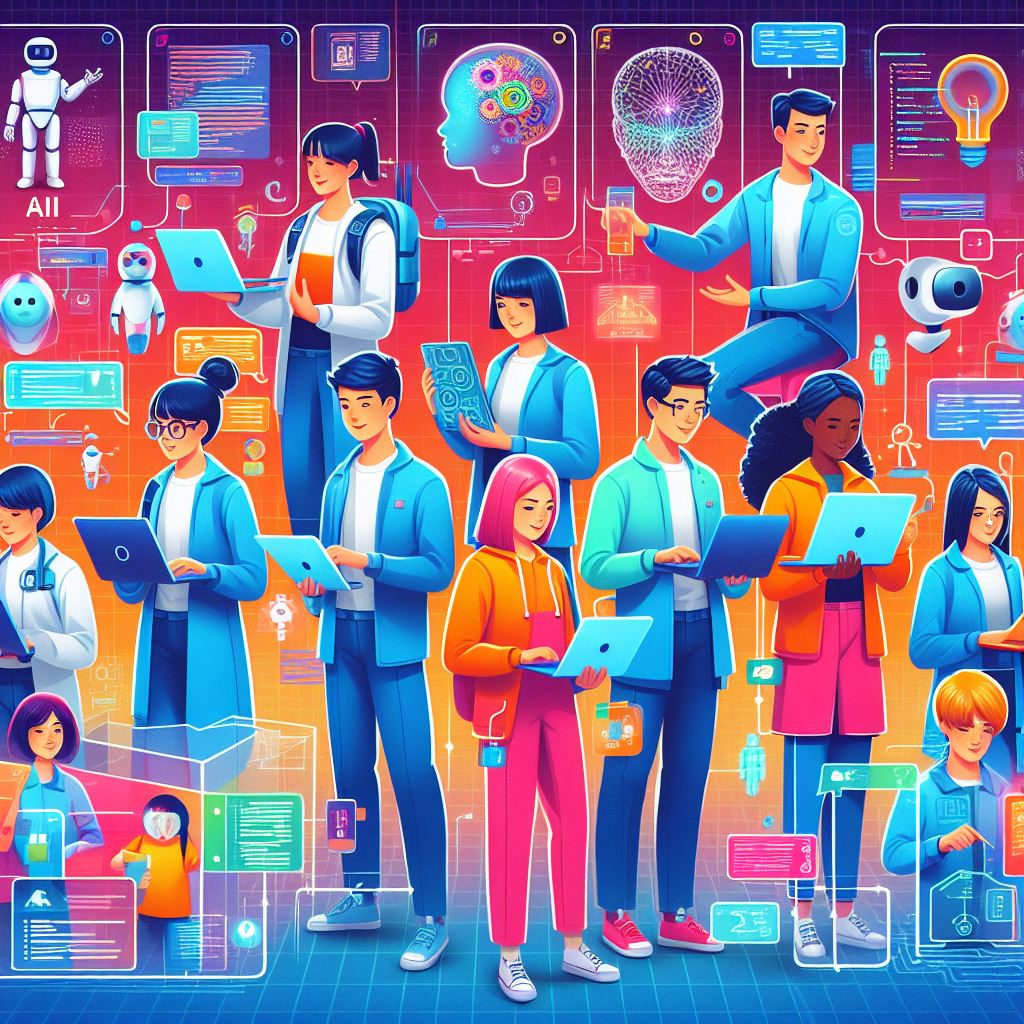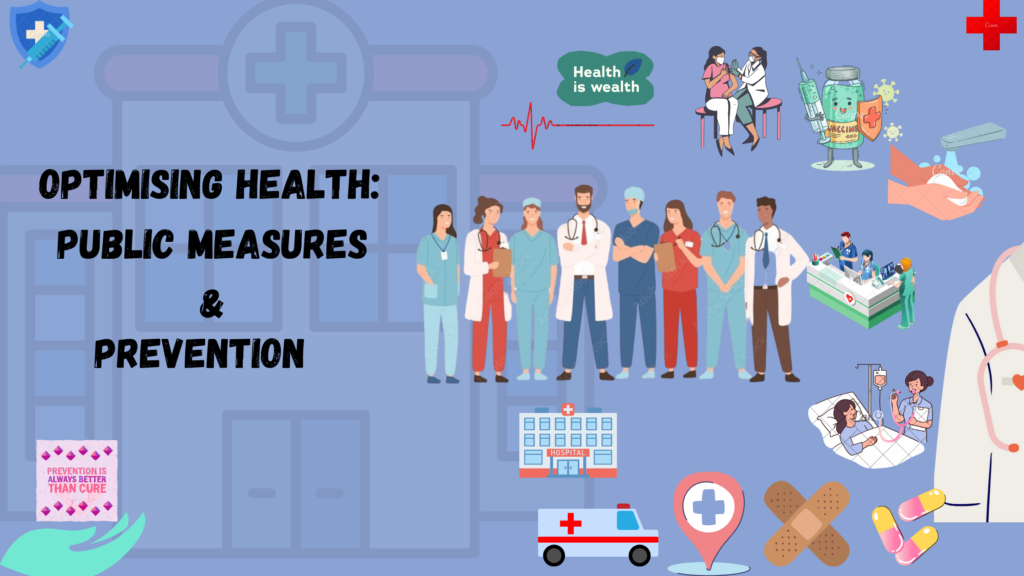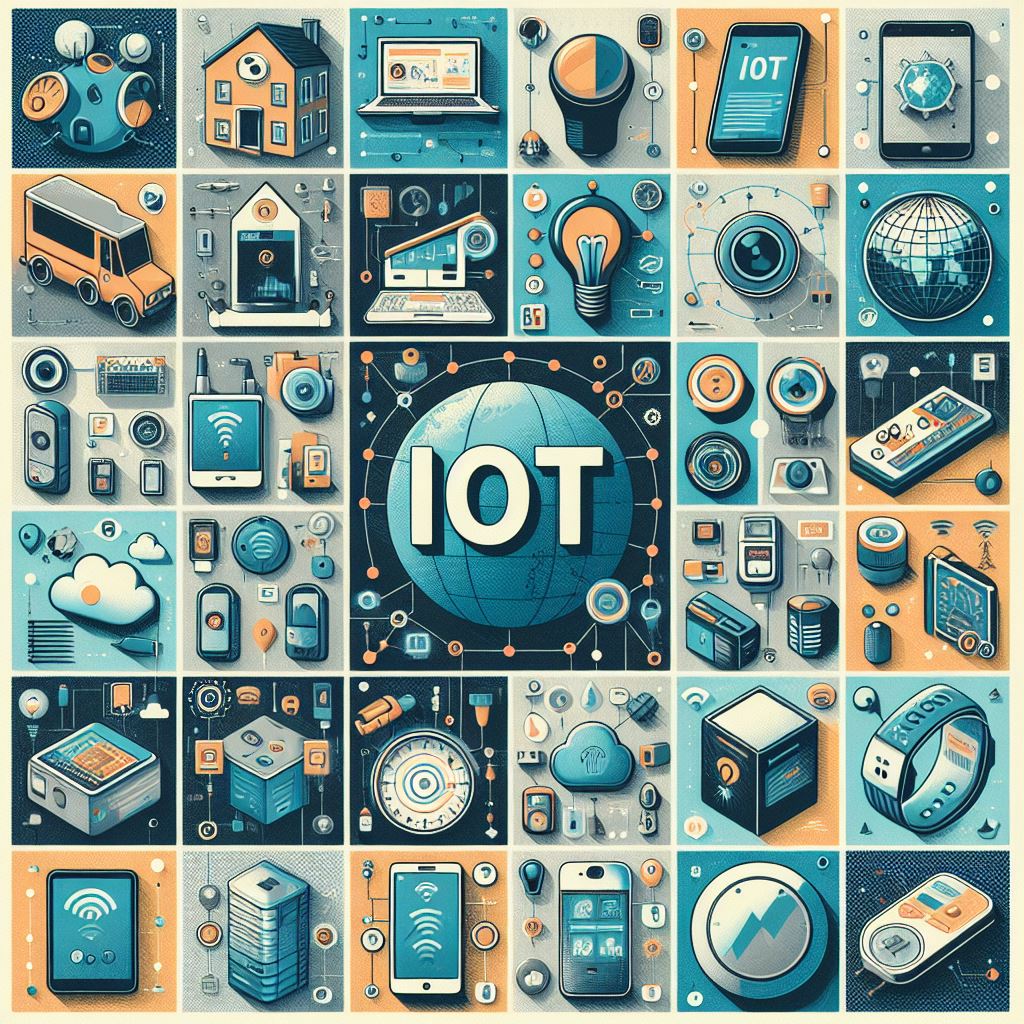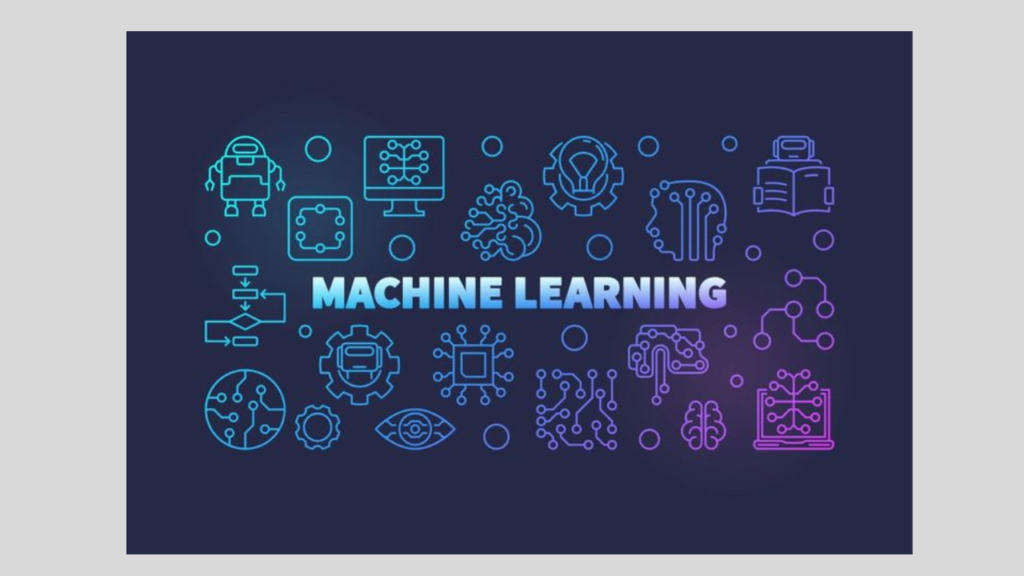Introduction
Artificial Intelligence is revolutionizing business operations and how humans interact with technology. If you are interested pushing boundaries of innovation, a career in Artificial Intelligence is the right choice for you.
Machine learning, natural language processing, computer vision and robotics are subfields in Artificial Intelligence.
Digital transformation and smart decision making are driven by AI. AI is helping leverage Customer experience, optimizing operations and accelerating innovation in healthcare, finance, retail, automotive and entertainment.
In the past decade, AI has grown exponentially and is supplemented by advancements in computing power, availability of big data and breakthroughs in algorithm development.
Due to the above, there is a huge demand for professional with AI skills who can harness the potential to solve complex problems and drive strategic initiatives.
Similar to every revolution, AI has the potential to disrupt jobs and create new opportunities.
Ethical considerations around data privacy, bias decision making has prompted technologist, policy makers and domain experts to ensure that AI is developed responsibly.
Career types
Based on your interest and skills, you can pick and choose a career path that best defines and suits you. Let’s take a look at some of them:
| Type | Description |
| AI research | If you enjoy theoretical exploration and practical implementation, then this career path is the right choice for you. You will be working with academia, research institutes, innovation labs to develop algorithms and models. |
| Data science and machine learning | If finance, healthcare and ecommerce industries excite you, then as a data scientist you will leverage statistical and machine learning techniques to extract insights from data and build predictive models. |
| AI Engineering | Contributing to solve real world problems is the job of an AI Engineering. As an AI engineer, you will work with software engineers and data scientists to design, develop and deploy AI systems and applications. |
| Robotics and Automation | As a robotics engineer, you will design and program robots for automation and autonomy. Manufacturing, healthcare and logistics are some of the industries that hire robotics engineers. |
| Natural Language processing (NLP) specialist | Applications like chatbots, language translation and sentiment analysis require NLP specialists to develop algorithms, analyse and generate human language. |
| Computer Vision | Applications like facial recognition, autonomous driving etc require computer vision engineers to create algorithms that enable machines to interpret and understand visual data from images or videos. |
| Ethics and Policy | If you are someone who likes to identify the right and the wrong, then you can be part of the Ethics and policy team and advocate for responsible AI and shape policies that govern AI usage. |

Skills and Education
To embark on a specific career path of your choice, you need to have the right kind of education and skills. Let’s take a look of what is needed to mould your knowledge and take the right step forward.
| Skills/Qualification | Description |
| Programming languages | Python, R, Java, or C++ for algorithm development, data manipulation, and scripting – Become experts in these programming languages. |
| Machine learning framework | TensorFlow, PyTorch, or scikit-learn for building and deploying machine learning models |
| Statistics and Mathematics | Statistics, linear algebra, calculus, and probability theory for data analysis and model development are important |
| Domain Knowledge | AI techniques can be applied effectively when you are familiar with specific domains such as healthcare, finance or robotics. |
| Advanced Degrees | Master’s degrees in computer science, data science for all roles except for research role which requires PhD. |
| Problem solving skills | Ability to identify problems, break them into smaller manageable tasks; then apply AI techniques to find solutions. |
| Communication skills | Effective communication skills to be able to communicate with internal and external stakeholders. |
Industry application
Artificial intelligence is affecting human beings and industries and transforming lives in a big way. Let’s take a look at the industries in which AI is applied widely and offers diverse opportunities.
- Healthcare: You will find that AI is used in Analysing medical images, diagnosing diseases, personalized treatment recommendations, discovering drugs, and virtual health assistants.
- Finance: Detecting frauds, analysing credit scores, customer service chat bots, risk management and robotic advisors are some of the applications in which AI is used.
- Retail: Demand Vs Supply, sentiment analysis, customer support automation, are some of the systems in which AI plays a major role.
- Automotive: Safety systems based on computer vision, driver behaviour analysis, predictive maintenance, autonomous vehicle deployment etc are areas in which AI is used effectively.
- Gaming and Entertainment: Player behaviour analysis, voice-controlled gaming, ethical game design, adaptive gameplay, procedural content generation, and personalized content recommendations are some of the examples.
- Manufacturing: Automated assembly lines, developing smart factories, optimizing production processes, supply chain management etc are examples of AI in Manufacturing industry.
- Telecommunications: Optimizing network performance, develop virtual assistants, predictive maintenance are some examples where AI is used.
- Education: Virtual tutors, education analytics, lesson plans, predict learning patterns, analyse student data to design learning strategies are some examples where AI can be used.
Career growth and development
Ongoing learning, networking, and skill enhancement is a continuous journey in any career development and AI is definitely one of them. How can you ensure that you are foster career development and growth? Let’s dive in:
- Trainings and certification programmes: Online certifications from Coursera, Udacity, Un academy, edX, decoding data science provide structure learning.
- By enrolling in certifications programs, you benefit by way of enhancing your knowledge and skills, validating proficiency and gaining new concepts.
- Doors open to new career opportunities, and you demonstrate commitment to professional development.
- Professional organizations and networking: Joining professional organizations, attending AI related meetups, networking with peers fosters collaboration knowledge sharing and growth.
- Through networking you learn from industry experts, share experiences and stay updated on emerging trends.
- Job referrals, partnerships and collaboration help build professional relations and lead to referrals.
- Creating portfolio: Along with trainings and certifications programs, you need to start building your portfolio to showcase the projects you have implemented, be active on LinkedIn, post comments, write articles and actively participate in discussions.
Challenges and future trends in Artificial Intelligence
AI is evolving every day and there are new tools available to the general public, and businesses. Due to this, there are challenges and evolving trends. Key aspects shaping the future of AI:
- Ethical considerations: Addressing biases embedded in AI algorithms is crucial to ensure fair and equitable outcomes across diverse populations. AI systems can inadvertently perpetuate biases present in training data, leading to discriminatory decisions
- AI technologies often rely on vast amounts of personal data, raising concerns about data privacy, consent, and security. Safeguarding sensitive information is essential to build trust and uphold user rights.
- Establishing robust regulatory frameworks is essential to govern the development, deployment, and use of AI technologies responsibly. Regulations should address transparency, accountability, and ethical guidelines for AI applications.
- Strengthening data protection laws and standards ensures responsible handling of data used by AI systems, fostering trust among users and stakeholders.
- Continued advancements in deep learning techniques enable complex pattern recognition, natural language understanding, and image processing tasks. Deep learning architectures such as neural networks drive innovation across various AI applications.
- Reinforcement learning algorithms allow AI systems to learn and adapt through interaction with environments, facilitating autonomous decision-making and control in dynamic scenarios
Take aways
Careers in AI are evolving, and it is important to keep yourself updated with the latest trends and happenings. Some of the ways to stay updated is given above.
Plan your career, set a roadmap and follow it through.
To explore other career options, read here
FAQs
- What is Artificial Intelligence (AI)?
- Answer: Artificial Intelligence (AI) refers to the simulation of human intelligence in machines that are programmed to mimic cognitive functions such as learning, problem-solving, and decision-making. AI enables machines to perform tasks that typically require human intelligence.
- What are the career opportunities in Artificial Intelligence?
- Answer: Career opportunities in AI include roles such as AI research scientist, data scientist, machine learning engineer, AI software developer, robotics engineer, NLP specialist, and AI ethics consultant, among others. AI professionals work across various industries like healthcare, finance, retail, automotive, and more.
- What skills are required for a career in Artificial Intelligence?
- Answer: Essential skills for AI careers include proficiency in programming languages (e.g., Python, R), knowledge of machine learning frameworks (e.g., TensorFlow, PyTorch), strong mathematical foundation (statistics, linear algebra), domain expertise, problem-solving skills, and communication skills.
- How do I become an AI engineer or data scientist?
- Answer: To become an AI engineer or data scientist, one typically needs a strong educational background in computer science, data science, mathematics, or related fields. Pursuing online courses, certifications, and gaining hands-on experience through projects and internships are also essential.
- What degrees are required for a career in Artificial Intelligence?
- Answer: AI careers often require advanced degrees such as a master’s or PhD in computer science, data science, artificial intelligence, or related disciplines. However, some roles may be accessible with a bachelor’s degree coupled with relevant experience and certifications.
- How much do Artificial Intelligence professionals earn?
- Answer: Salaries for AI professionals vary based on factors like experience, education, location, and industry. Generally, AI roles command competitive salaries, with AI researchers and machine learning engineers often earning above-average incomes.
- What are the current trends in Artificial Intelligence?
- Answer: Current trends in AI include advancements in deep learning, reinforcement learning, natural language processing (NLP), computer vision, autonomous systems, AI ethics, and the integration of AI in diverse industries like healthcare, finance, and manufacturing.
- Is Artificial Intelligence a good career choice?
- Answer: Yes, Artificial Intelligence is considered a promising and rapidly growing field with abundant career opportunities. AI professionals contribute to cutting-edge technologies, solve complex problems, and drive innovation across industries.
- What are the challenges in Artificial Intelligence?
- Answer: Challenges in AI include ethical considerations (e.g., bias in algorithms), privacy concerns, regulatory issues, data quality and availability, interpretability of AI models, and the impact of AI on jobs and society.
- How can I start a career in Artificial Intelligence with no experience?
- Answer: Starting a career in AI with no experience can be achieved by learning foundational AI concepts through online courses, participating in projects or competitions, building a portfolio of AI projects, networking with professionals, and pursuing internships or entry-level positions in related fields.





